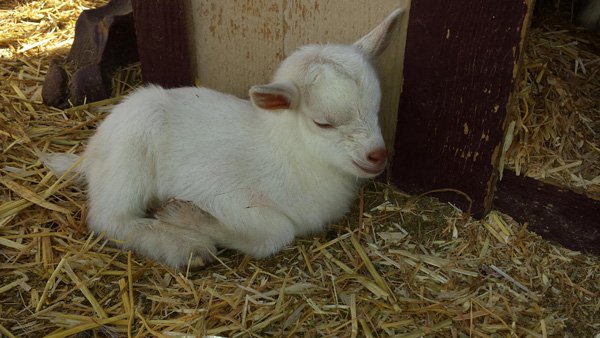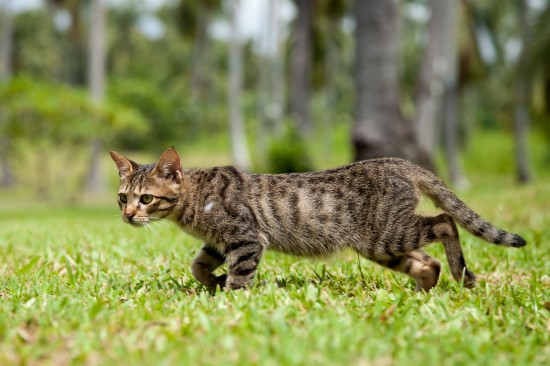
As Winter gets underway, wild mice and rats enter houses more often to escape the cold and rats are also seen in increasing frequency in peoples gardens. However, while this can be a matter for concern, there are ways that you can humanely remove these uninvited visitors rather than calling the local exterminator. He will put down anti-coagulant poisons which cause a long slow death and a great deal of suffering to the mice and rats as well as the poison being potentially dangerous to you, your family and your pets.
How can I tell if I have rodents in my house?
House Mice will leave a cloying ‘acetamide’ smell; other mice leave little odour.
Gnawing : Rodents need to gnaw constantly to keep their teeth trim and they will gnaw on most things.
Tooth Marks : Larger marks made by Rats who can gnaw through soft metals such as aluminium or lead.
Droppings : a rats poo is 12mm long and often tapered at one end. A mouse poo is half the length and thinner.
Greasy Marks: Rats and House Mice leave dirty black smears along well travelled routes especially where the have to squeeze under objects.
You may also hear the scamper of little feet above your head as they scurry around your loft.
What Problems can they cause?
Rodents generally cause minor problems in houses, such as furniture damage, food nibbling and a few electrical and insulation damage. Some rodents however are good house guests and cause NO damage at all.
Chewing wiring is the main concern which can lead to electrical faults and expensive repairs.
Prevention
Do not call the exterminators! They get rid of the rodents in a cruel way which prolongs suffering and in the long term does not get rid of rodents from entering your home.
Exterminators use anti-coagulant poisons. These cause a slow painful death over around five days to the rodent. The anti-coagulant literally stops the rodent forming any blood clots, so it bleeds to deaths – blood will come from its eyes, it nose and other orifices and will also fill its so that they drown in their own blood – this is a horrible way to die.
Problems with the poison also can occur if the rodent is eaten before it dies.
Anticoagulants are notoriously non-selective and have the potential to kill domestic dogs and cats, wildlife, children, and even grown adults.
And while the anti-coagulants may work in the short term by killing any rodents in your home, your house attracted rodents before and so it will attract more. The key is prevention – and is the easiest and best long term solution. Repair broken air bricks and holes in external walls. Fill any floorboard hole, replace damaged skirting boards and remove any nesting materials. Don’t leave food rubbish in bags in your back garden, always put it in a bin! Rats are notoriously good opportunists and leaving out food bags will only encourage them into your garden.
Also, although it may be environmentally friendly to throw out any rotting fruit or vegetables on to your soil to decompose, this again will attract hungry critters.
How do I get rid of unwanted visitors?
There are indoor devices such as sensors which use electromagnetic interference or ultrasound to drive rats and mice away. They emit a sound inaudible to the human ear but one that is awful to a rodent – the noise will literally drive them away. You plug them into any plug socket and let it get on with it! However, do be careful when using these sonic repellents – don’t use them if you have bats in your loft as this will drive them away. Also if your neighbour has a ‘small furry’ such as a hamster or pet rat or mouse, make sure you don’t plug the sonic repellent in a party wall as the sound may travel through the walls depending on how your houe is built.
Live capture traps are also good. Set them up in your loft with a strong smelling piece of food in it such as piece of sausage or strong cheese. And check on the trap twice a day.
Once you have caught the rodent, do not release him or her in your back garden – they will simply come back in! Get in your car and drive at least 2 miles away – otherwise they will be back in your house before you are! GRIN!
Jason Hulott is co-owner of CavyRescue, The UK’s First dedicated Pet Rat Charity. We provide a huge array of articles on Pets Rats and other Small rodents. Why not sign up for our Monthly newsletter? Visit CavyRescue now.
 Dont Drive With Your Dog Without Reading This First
Any dog will go where we want no matter did he like it
Dont Drive With Your Dog Without Reading This First
Any dog will go where we want no matter did he like it
 Brucellosis In Dogs
Brucellosis In Do
Brucellosis In Dogs
Brucellosis In Do
 Lhasa Apso Hereditary Health And Health Testing
Lhasa Apso Heredi
Lhasa Apso Hereditary Health And Health Testing
Lhasa Apso Heredi
 Pet Boarding Facility in Chapel Hill: Safe Heaven for Your Pet
Pet Boarding Facility in Chapel Hill: Safe Heaven for Your
Pet Boarding Facility in Chapel Hill: Safe Heaven for Your Pet
Pet Boarding Facility in Chapel Hill: Safe Heaven for Your
 The Origins Of Our Feline Friends - Cats
The Origins Of Ou
The Origins Of Our Feline Friends - Cats
The Origins Of Ou
Copyright © 2005-2016 Pet Information All Rights Reserved
Contact us: www162date@outlook.com